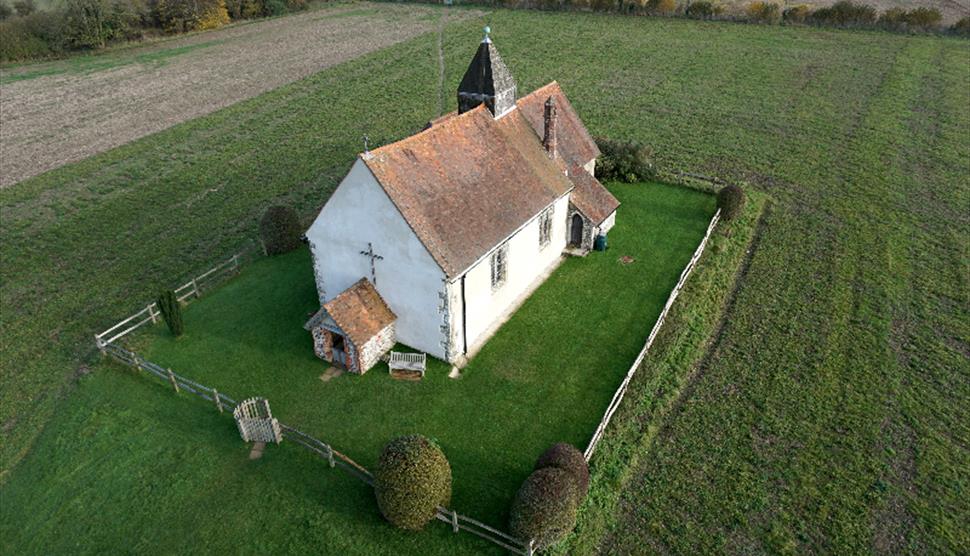
We had a special few days back together after the last two years of disruption.
Maundy Thursday – a special meal, using words for bread and wine, but otherwise keeping things to a minimum this first year of not having Grayden with us. We used words that we have used before – see the resources page. The meal itself was wonderful – veggie tagine and salads and flatbreads and hot-cross bun bread and butter pudding…with talk and laughter and reflection… A joy to be around the table again.
Good Friday- our first Tenebrae sevice led by Sarah on Zoom, with our ThirdSpace diaspora able to join. Very special indeed…
Easter Sunday morning – half an hour of silent reflcetion in our garden in brilliant sunshine and loud birdsong. We had two biblical readings -John 20 ‘Meeting Jesus in the garden’ and John 21 ‘An invitation to breakfast’, a written piece by Grayden -this being his first Easter in his resurrection life as well as his 71st birthday and a prayer for the world any or all of which folk could use as they wished, seated int he gazebo by the fire or around the garden.
Grayden’s words from 2018 and repeated in lockdown in 2020:
Resurrected with wounds.
After his resurrection, Jesus appears to be resurrected and yet wounded at the same time. This is the unexpected appearance of the Risen Jesus.
His resurrected body remains scarred. Thinking about this over the last few days I’ve found it very strange, surely we’d expect his resurrected body to be perfect, to be unscarred.
Then we find from reading the gospels that Jesus’ wounds are part of his identity. Because it’s by his wounds that his followers recognised him as Jesus. It is only by seeing his wounds and scars that Thomas is able to identify Jesus as his Lord and his God. The brokenness of Jesus body seems to be a very important part of his identity; his wounds are part of who Jesus is.
Will we also be resurrected with our wounds? We all have wounds that are caused by sickness, by accidents, by the actions of others and by the problems and disappointments of life.
All of us are wounded. Even Jesus is wounded after his resurrection. Resurrection hope doesn’t seem to do away with our woundedness. By retaining the wounds of his torture and execution, is Jesus showing us that we can find hope and strength in him?
It seems to me that many Christians think faith requires denying the ways our bodies retain the scars of continued pain and injury; in our memories, in our struggles with illness and injury, in our despair over others’ apathy when faced with injustice.
The risen yet wounded Jesus wants to open our eyes to see the pain of others, the destruction of the earth due to our greed and foolishness, and our part in wounding others near and far. Jesus offers us a peace that recognises the hard reality of injury and hurt.
So our resurrection hope does not deny the reality of wounds. Jesus although resurrected with wounds is not disabled by them. That’s what I think he wants for us.
We can freely enter into his resurrection hope just as we are – wounds and all.
Our faith is in a God who is always with us in our woundedness.
A liturgy marginally adapted from Cheryl Laurie holdthisspace.org
The resurrection was first discovered by the friends of Jesus who stood in grief outside his tomb.
Resurrection turned despair into life. It was discovered again by a group of Jesus’ disciples who had known the loss of all they had known.
Resurrection turned fear into hope. It was discovered again by black South Africans when apartheid was dismantled.
Resurrection turned injustice into liberation. It was discovered again by the people of East Timor who fought for independence.
Resurrection turned oppression into freedom. It’s been discovered again whenever someone has found the space to love after being hurt, has found the courage to begin again when it seems life has ended. And that gives us faith to believe resurrection will happen in Palestine and Israel.
We have faith to believe resurrection will happen in Iraq, Syria and Ukraine. We have faith to believe resurrection will happen in refugee camps in Europe, in Laos and detention centres in Maribyrnong.
We have faith to believe resurrection will happen in the systems that crumple and oppress.
We have faith to believe resurrection will happen in the lives we know are shattered and the hearts we know are broken.
may the resurrection come.
may the resurrection come.
Amen.
We gathered in the gazebo thereafter to plant a ‘resurrection tree’ for Grayden there – a Katsura – and Barbara’s sister Liz read a reflection. This was followed by a David Adam blessing, from ‘The edge of glory’ :
This Easter may…
The Lord of the empty tomb, the conqueror of gloom
Come to you
The Lord of the upper room, dispelling doubt and gloom
Come to you
The Lord in the garden walking – the Lord to Mary talking
Come to you
The Lord on the road to Emmaus, the Lord giving hope to Thomas
The Lord appearing on the shore giving us life for evermore
Come to you
And then, using Jesus’ words, we had the invitation ‘Come and have breakfast’. We had barbecued fish and rolls, veggie sausages, croissants, coffeees and teas and wonderful chats and reunions… Happy Easter everyone Christ is risen!





Recent Comments